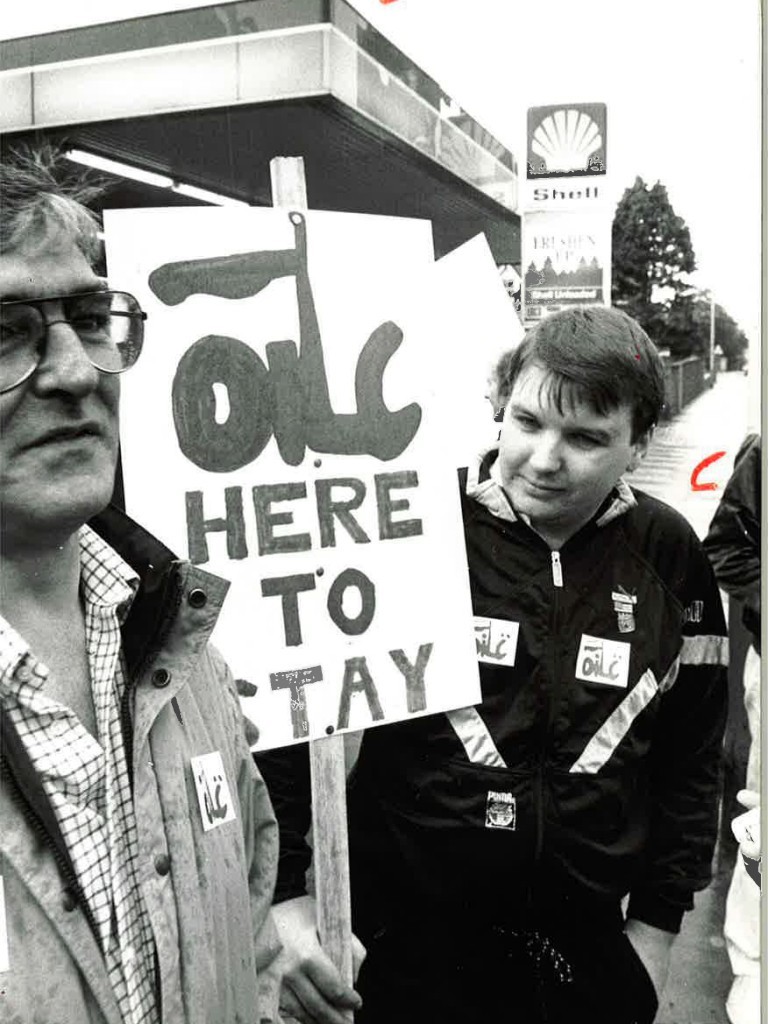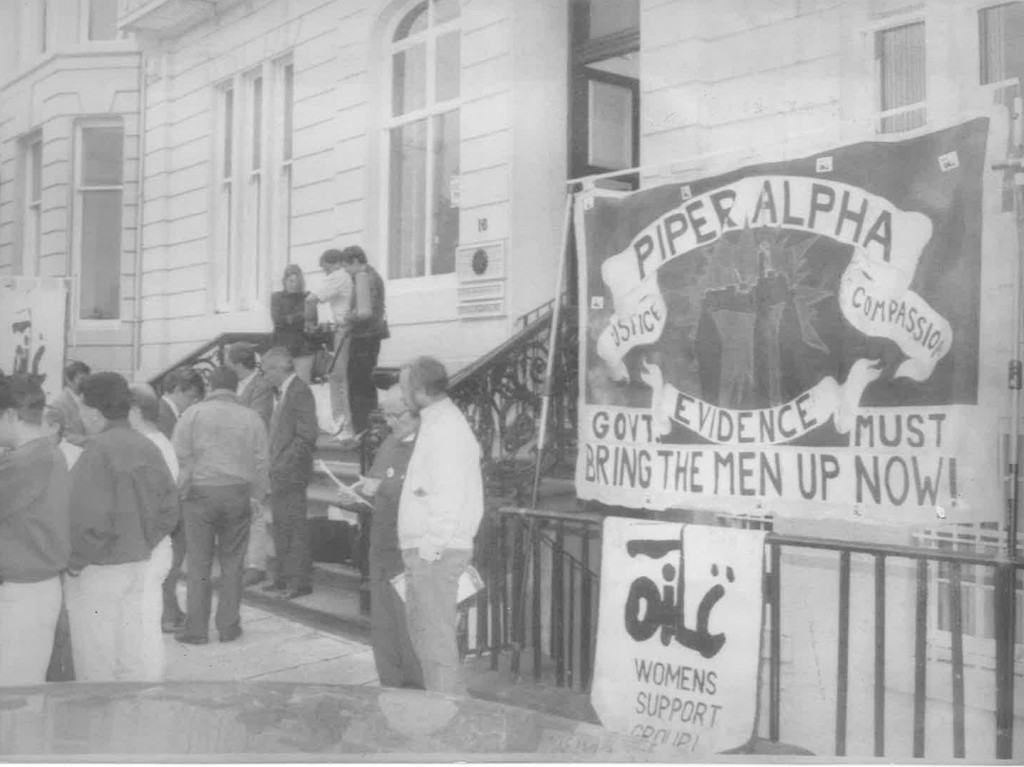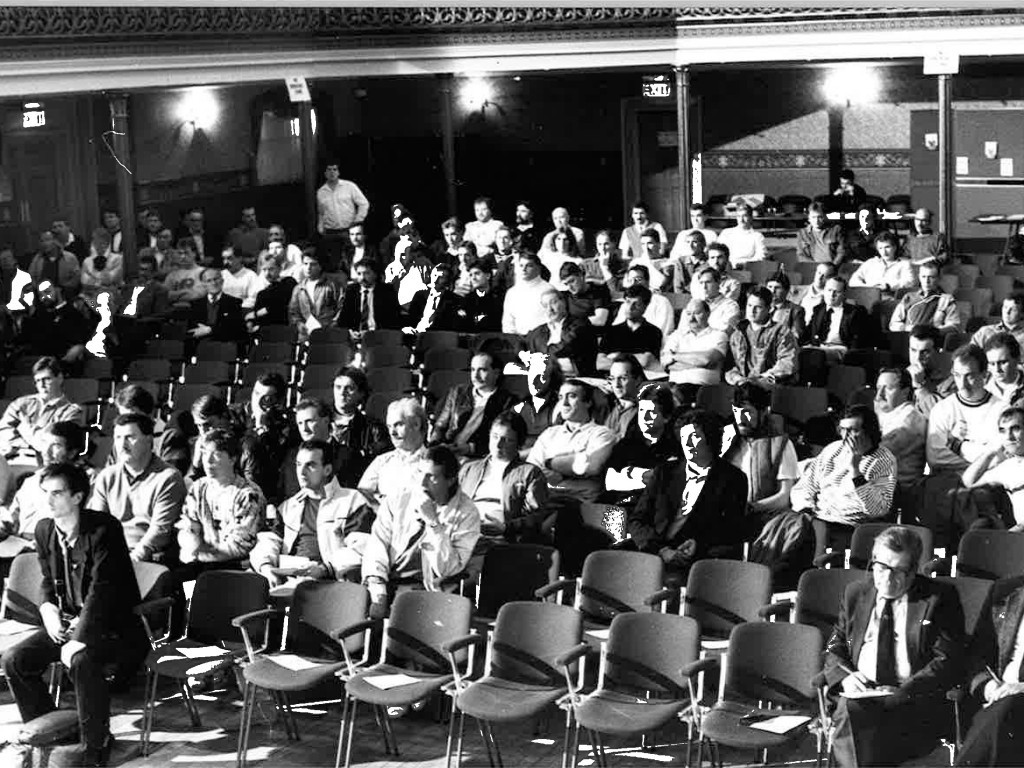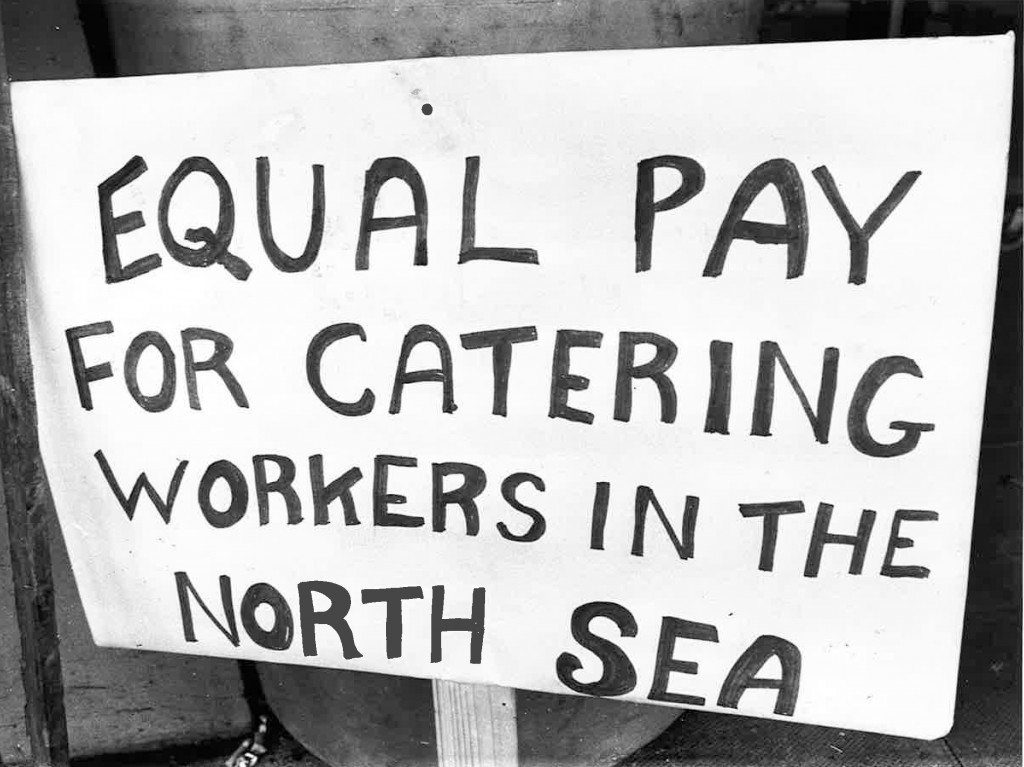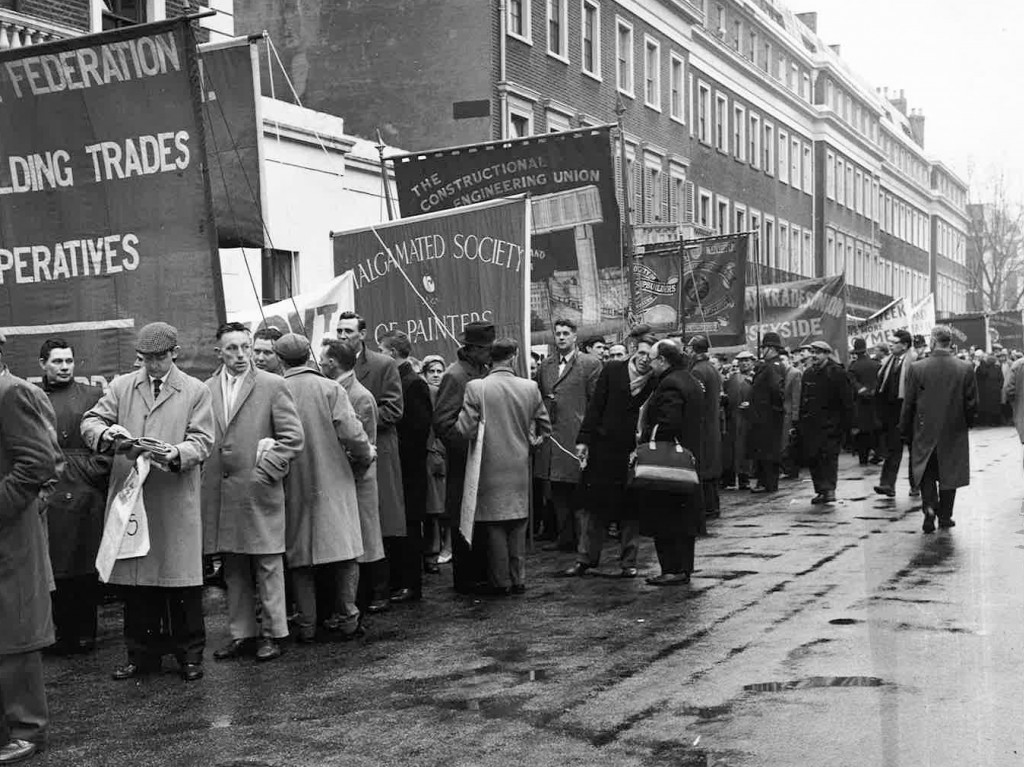
Union: The action of joining together or the fact of being joined together, especially in a political context.
Sound familiar? However, in the oil and gas sector definition and connotation don’t always necessarily mean the same thing.
Say the word “union” in certain institutions and it’s like issuing a coded signal to batten down the hatches and guard the negotiating table.
For some hardened HRs their first interaction with a union could have come in the late 70s, where a strike by offshore catering staff saw hundreds of workers participate in a mass walkout affecting dozens of installations.
Or maybe they were there in the early 90s when offshore contract workers were flown off platforms for participating in wildcat strike action.
Terms like ‘not required back’ or ‘NRB’ were commonplace.
Despite this, I would argue there’s still a way to go when it comes to the word union’s connotation in the industry. It doesn’t have to be a dirty word.
Instead both the industry and the workforce need to better understand how to leverage the power of the union.
This is a sector of ebbs and flows, peaks and troughs. And through those transitions companies must continue to engage with the workforce, communicating what the changing tides ultimately boil down to for the average worker.
But with most companies employing upwards of 3,000 offshore workers that’s not as simple as it sounds. That’s where unions come in.
Union representatives can be an extension of engagement. They are embedded with the workforce, can communicate on a face-to-face basis and won’t hold anything back when funneling real-time feedback back up the leadership channel.
Listening to the harsh facts and fuelling the dialogue goes a long way in employee engagement.
And unlike email updates, which can sometimes be left to languish in an open-ended abyss, continual conversation with the union reps can help squash bubbling rumors and keep the agenda on course.
Many of the big service companies have around 2000 staff offshore in the UKCS – can they really effectively communicate with each of these in the way that that the staff want them too? So a ’union’ may be one option to help address this challenge.
But there are two sides to every coin.
Just as company reps can sometimes come to the negotiating table guarded and committed to a pre-set agenda, unions can sometimes come to the negotiating table looking for a pot of gold for their workers.
Neither of those approaches work. The harsh realization is that sometimes companies have to make hardline decisions, not because they want to stock their own coffers, but because mounting market and industry challenges dictate they do.
Ultimately, the negotiating table needs to be an ego-free zone. Both the company and union reps have to rip-up their own personal score cards and really have their staff’s best intentions at heart.
“Union” shouldn’t be a dirty word.
In fact, we should be doing all we can to shift its connotation to mirror its definition, because if industry history has taught us anything it’s that we are safer, stronger and more productive united.
Recommended for you

